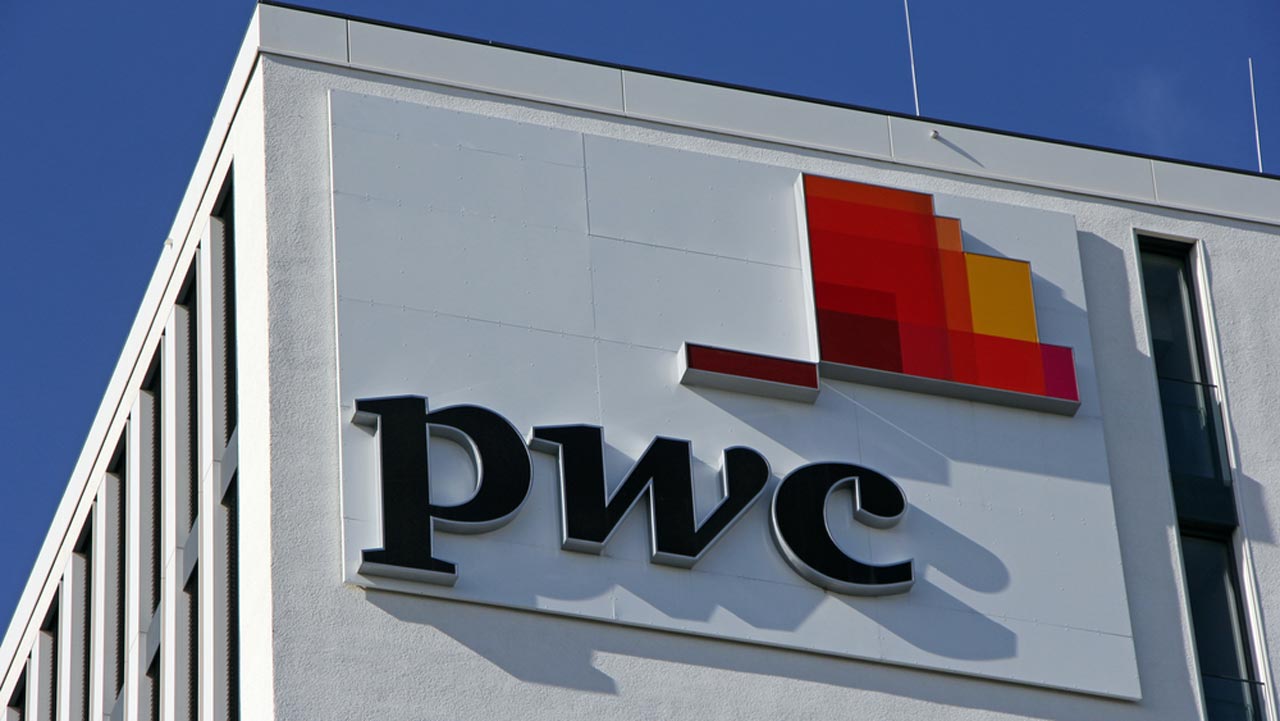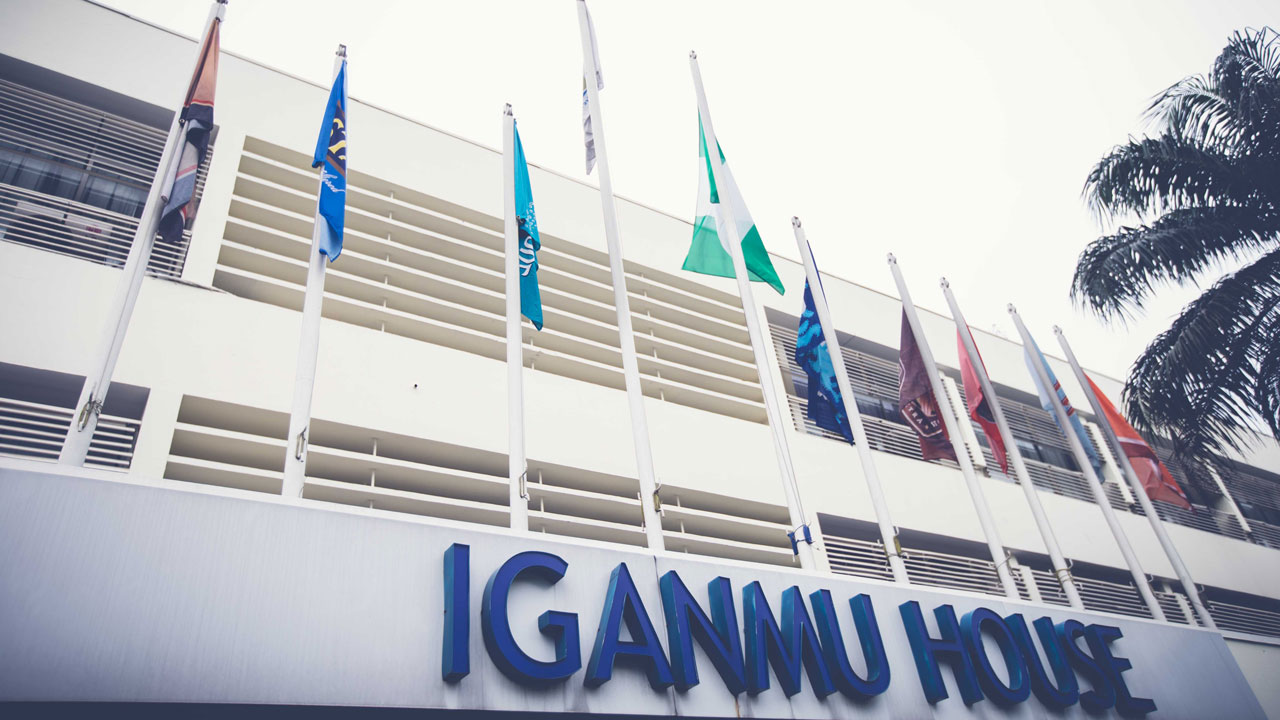Less than one week after the International Monetary Fund (IMF) have advised the federal government and the Central Bank of Nigeria (CBN) in particular to lift ban on 41 forex restricted items to renew activities in the ports further close parallel forex rates, the Lagos Chamber of Commerce and Industry (LCCI) has reacted, saying both ideas are far away from helping the economy to recover.
In an interview, the Director-General of LCCI, Mr Muda Yusuf, on Monday in Lagos said IMF advice is inconsistent with all economy recovery processes on ground but was quick to agree that there is need to ease foreign exchange restrictions to boost foreign exchange inflows from autonomous sources and strengthen investors’ confidence.
Making direct reference to the report of the IMF Article IV Consultation on the Nigerian economy, LCCI boss said “We do not share the view of the IMF that monetary policy needs to be further tightened at this time.
“It is inappropriate to call for further tightening of monetary policy in an economy that is grappling with recession, high unemployment, high operating costs, high interest rates, faltering real sector.
“Already, interest rate ranges between 25 and 30 per cent and this is adversely affecting businesses and stifling economic growth,” he said. The director-general also objected to the recommendation on review of existing Value Added Tax and excise duty.
“Such a move would not be consistent with the economic recovery process. “It will also not be consistent with the Federal Government’s vision to build an inclusive economy, spur growth, support the real economy and create jobs,” Yusuf said.
While agreeing with the international body that the nation’s fiscal deficit increased from 3.5 per cent of Gross Domestic Product in 2015 to 4.7 per cent of GDP in 2016, he linked the rise to the under performance of the capital expenditure during the period.
He said “This could be ascribed to the high cost of governance and revenue shortfalls over the period. It clearly raises concern over the fiscal sustainability in the management of the economy.
“It underlines the need to keep an eye on the size of recurrent expenditure and other measures to promote fiscal consolidation,” he said. According to him, the chamber also shares IMF’s concern about the increasing cost of debt service in the economy.
“In the 2017 budget, debt service allocation is N1.66 trillion and this is 35 per cent of projected revenue and over 70 per cent of the projected capital spending. “This disproportionate resource commitment should be a cause for concern.
“The high interest rate of government debt instruments is a principal driver of this scenario, which are high yields on treasury bills and Federal Government bonds. “This underscores our worries about the nation’s debt sustainability,” LCCI boss said.









